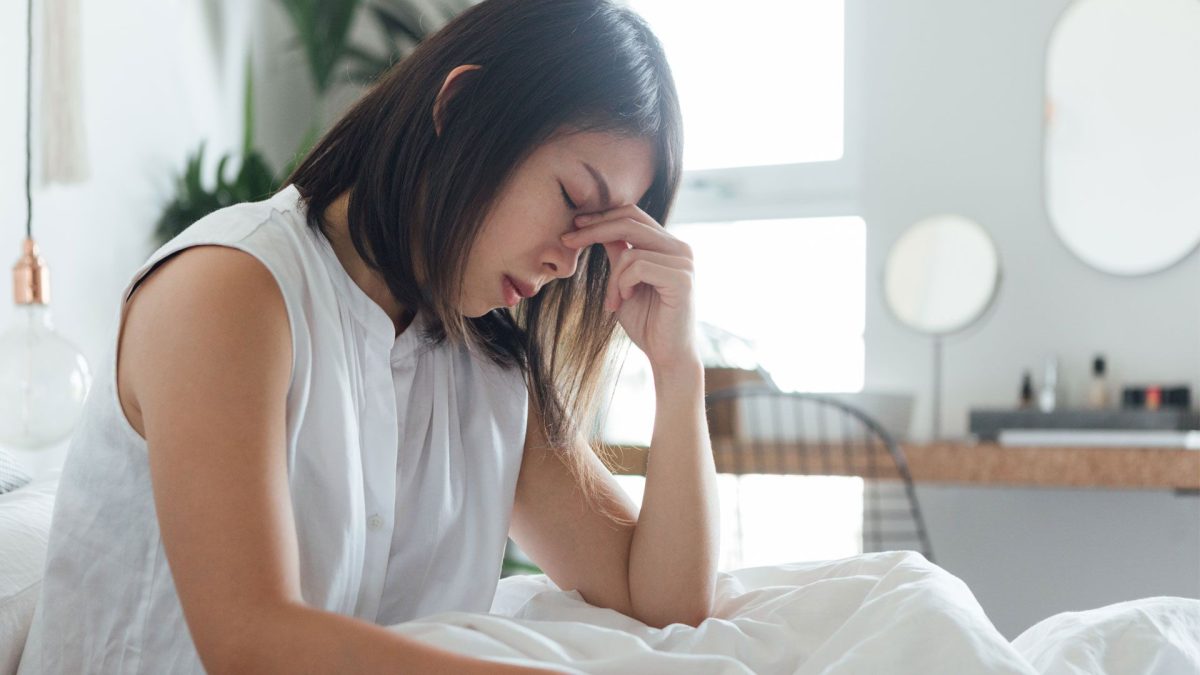- Keep a sleep journal.
One of the most effective ways to better understand and control your sleepwalking episodes is by keeping a sleep journal. It may seem like a simple habit, but it helps uncover hidden triggers and identify patterns that may initially go unnoticed. For example, by recording data daily, you may notice that sleepwalking occurs more often after particularly emotionally intense days or after late coffee consumption. Or that falling asleep too late increases the risk of nighttime episodes. Keeping a journal allows you to not only become aware of the connections between lifestyle and sleepwalking but also provides valuable information for consulting a doctor. A specialist will be able to make a much more accurate diagnosis and develop an effective treatment plan by reviewing a detailed history of your sleep.
- Practice yoga in hammocks.
Thanks to the combination of gentle stretches, inverted poses, and the support of a fabric hammock, the body receives a deep relaxation that is often missing in today’s fast-paced life. Hammocks provide a safe body position that activates deep muscles, stimulates the vestibular system, and helps relieve tension. The practice develops skills for mindful breathing and a meditative state, both of which are critical for deep, stable sleep. For instance, after a few aerial yoga sessions, many people report falling asleep faster, waking up less anxious, and experiencing fewer nighttime awakenings. Regular practice improves physical health and builds a lasting relaxation skill that can significantly reduce or even eliminate sleepwalking manifestations over the long term. It’s best to start training under the guidance of a certified instructor to ensure safe exercise execution and achieve the maximum effect.
- Avoid communication with people who irritate you.
Frequent conflicts, hidden irritation, or internal tension that arises when interacting with certain people accumulate throughout the day and carry over into the night. Even if it seems like you’ve forgotten an unpleasant conversation, stress continues to act on a subconscious level, disrupting normal sleep cycles. To reduce the risk of sleepwalking episodes, it is important to protect your emotional space. If certain interactions cause you tension, anxiety, or irritation, allow yourself to limit these contacts. This is not a sign of weakness or rudeness — it’s a form of self-care. For example, if daily conversations with a coworker leave you feeling exhausted and tense, try minimizing communication to work-related topics or schedule important discussions for times when you are feeling calmest. Similarly, if certain acquaintances constantly criticize you or burden you with negativity, don’t hesitate to take a break from those interactions. When you learn to feel and protect your personal boundaries, your nervous system will function more calmly, and your sleep will become deeper and more stable. If, on certain days, you are unable to avoid stressful or emotionally draining interactions, and this leads to nighttime episodes of sleepwalking, you may wake up the next morning feeling less productive, lacking energy, and struggling to concentrate. In such cases, consider taking a supplement such as Modalert or Artvigil to maintain mental clarity and improve productivity.
- Listen to the sound of rain before sleep.
The sound of rain creates a calming atmosphere, resembling white noise that masks distracting sounds and helps the brain focus better on rest. This sound can help reduce anxiety levels, normalize heart rate, and alleviate the emotional tension that often prevents falling asleep. Furthermore, research shows that natural sounds, like rain, promote deeper and more restorative sleep by supporting a more stable deep sleep phase. For example, you can use apps that play nature sounds or even find special tracks on YouTube. Set them up before bed and allow yourself to immerse in the rain atmosphere — it will help you relax and release tension before sleep, lowering the risk of nighttime sleepwalking episodes.








